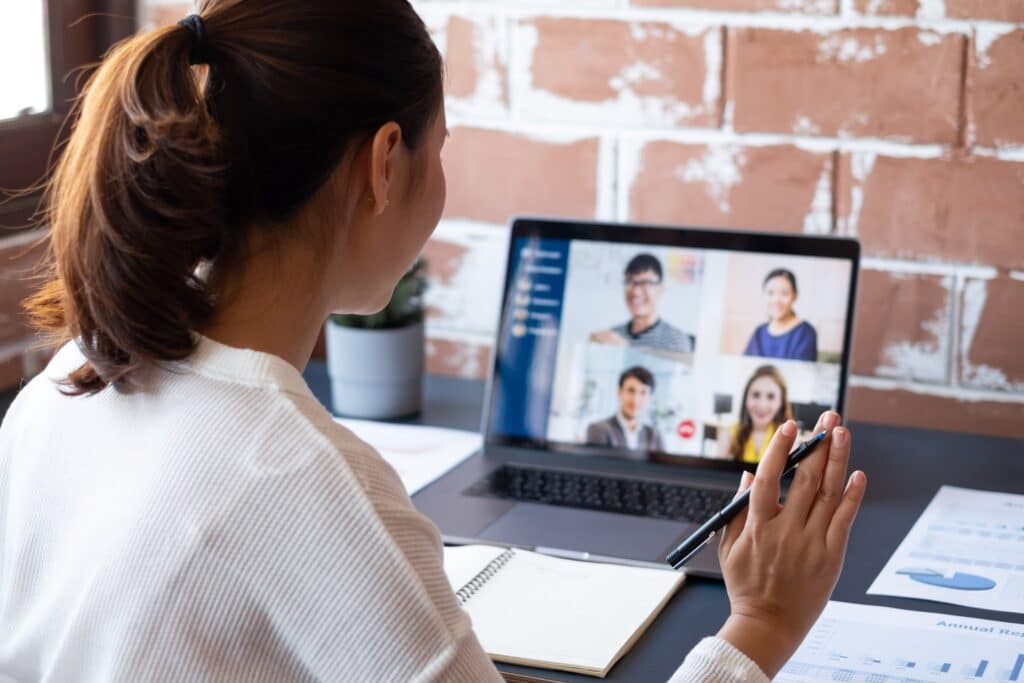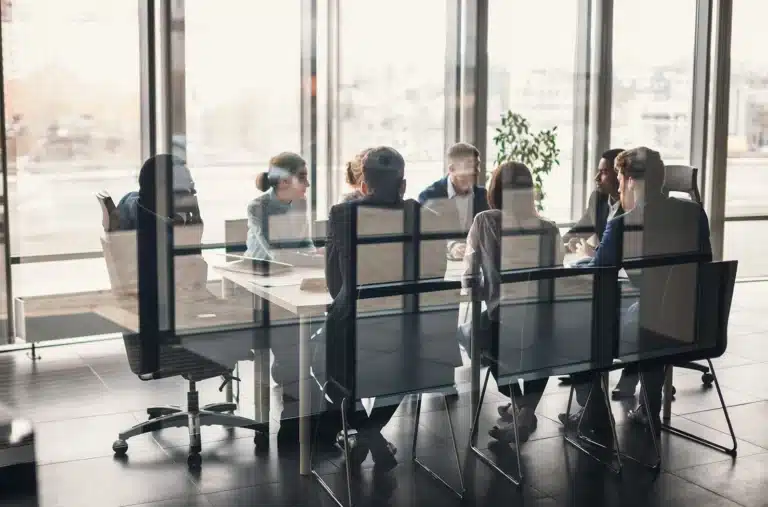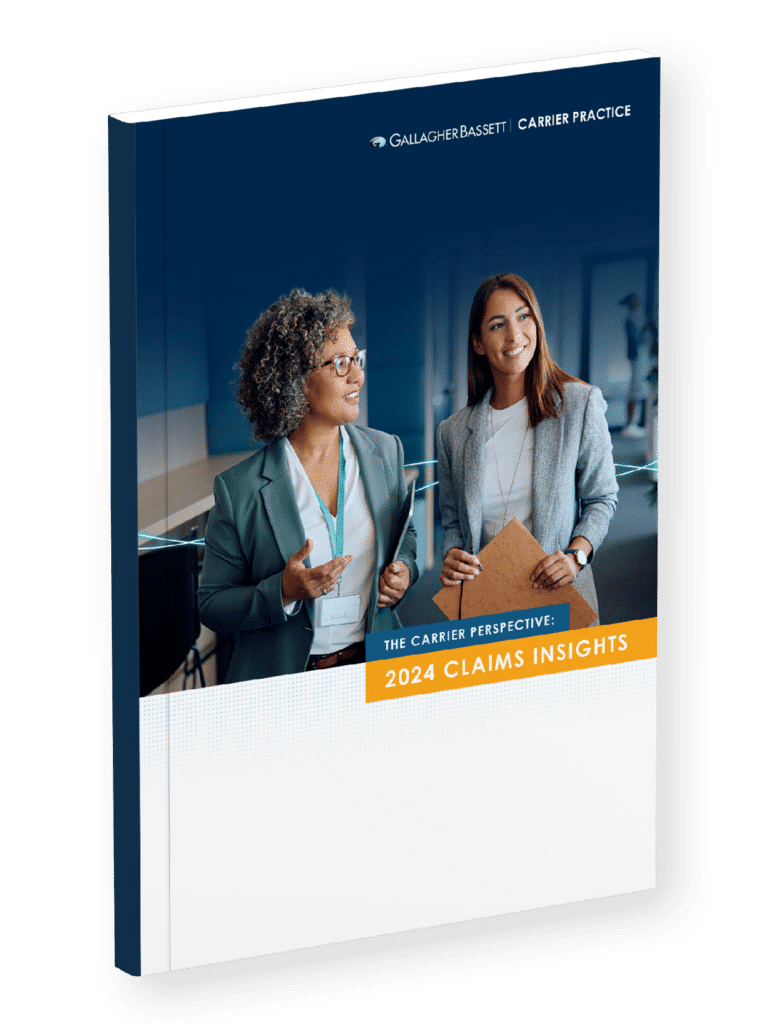The pandemic has changed the way we live, work, and play. How we resolve conflict is also changing, with many courtrooms physically closing their doors in a bid to keep the community safe.
In the UK, the inability to travel has also caused us to rely on more virtual options as we work from our own regions. There’s no doubt mediation can be an effective tool for settling claims. However, until recently, online mediation was often discounted in the belief that discourse via video conference was not as effective as a face-to-face discussion. Although that may be true in some respects, the current environment has proven that online mediation can also work effectively.
What is the biggest challenge for mediation post-pandemic?
The most obvious change in mediations we’ve seen since the start of the pandemic is the shift to digital mediation via virtual platforms. However, the pre-trial or pre-mediation space has been most impacted by the seismic shift to technology prompted by COVID-19 and the subsequent lockdowns here in the UK and across the globe.
With technology comes new challenges and other layers of complexity for mediation engagements, such as briefing and questioning witnesses, gathering appropriate information, statements, and evidence, and clearly understanding the state of play for the plaintiff. These interactions are all easier when standing in front of a person – seeing their face, hearing their voice, and understanding their attitude, body language and demeanour.
Despite the obvious challenges in the current environment, can mediation still be effective in resolving disputes?
As with many other parts of our lives today, we have turned to virtual mediation sessions, which can be just as effective as in-person methods when leveraged with the right tactics.
When it comes to engaging with witnesses, having enough time is vital. You’ll need sufficient time to build rapport within the bounds of a virtual setting, enough time to take witnesses through deposition questions again, and again, and again, and time to ensure all bases are covered to avoid any surprises.
Another key factor that can play a big role in the outcome of your case when virtually managed is the selection of a mediator. The same practices apply here – select a mediator you have a prior positive working relationship with, or at the very least, one who knows you as a professional.
Having a plan of action, and following that plan, is critical to a successful outcome for negotiations. More than ever before, you need to clearly communicate plans with the risk manager, insurer team, and defence lawyer to ensure things run smoothly.
Are there any situations where online mediation is preferable over in-person mediation?
In many common personal injury claims such as automobile collisions, or ‘slip and falls’, general liability claims, or workers’ compensation matters, mediation often focuses on the parties agreeing on an acceptable settlement. That is not to say discussions are simplistic, or that there aren’t other issues involved that need to be addressed, however, these are often secondary to the ultimate financial stance of the parties and involve less emotion than, say, a divorce or contentious commercial dispute.
Accordingly, the online environment allows for very effective discussions because these claims are typically two- or three-party disputes, making an online mediation relatively simple to navigate. In fact, reports indicate that settlement rates have remained consistent over the course of the pandemic, despite mediation moving almost exclusively online.
The online mediation option also opens the door to retaining mediators with a more diverse background and the ability to be more efficient as they and counsel are not spending time traveling.
Find out more
Gallagher Bassett is boosting efforts to maximise alternate dispute resolution strategies, such as online mediation, designed to achieve superior outcomes for clients and prevent files from languishing due to closed or backlogged courtrooms. Contact me today for a confidential chat about your claim and how we can help.







